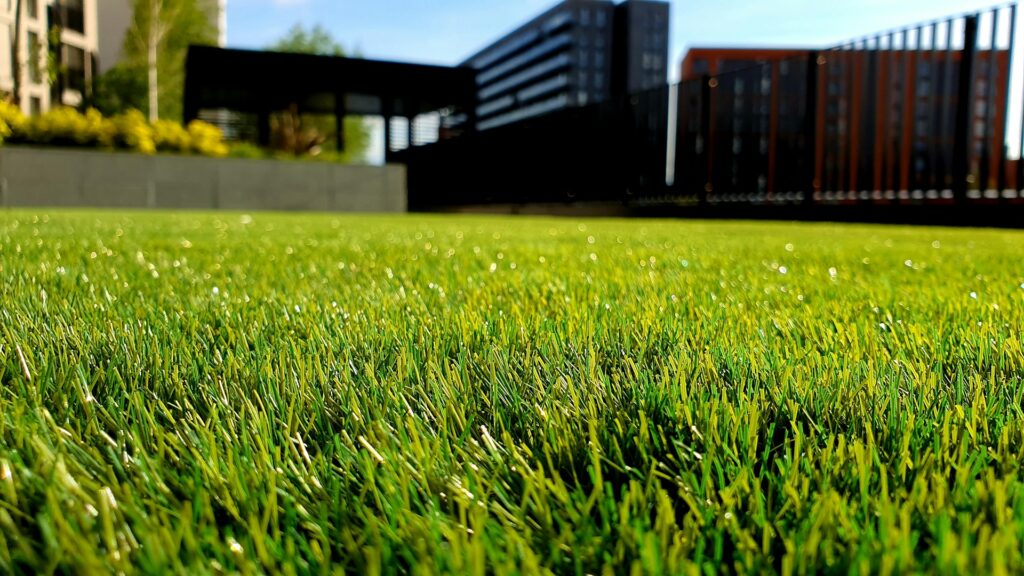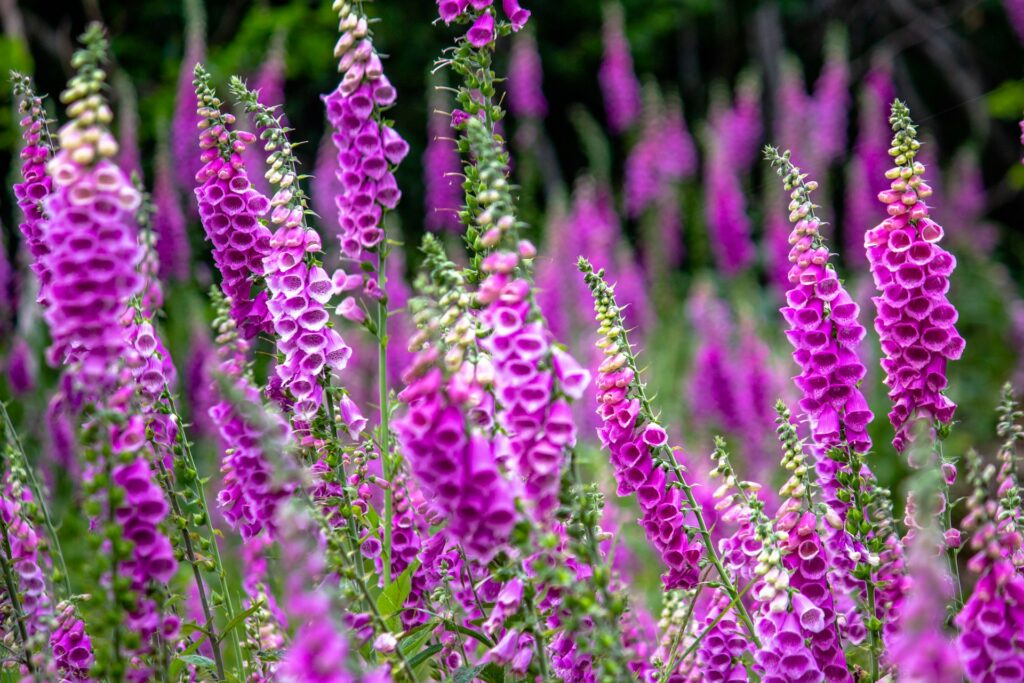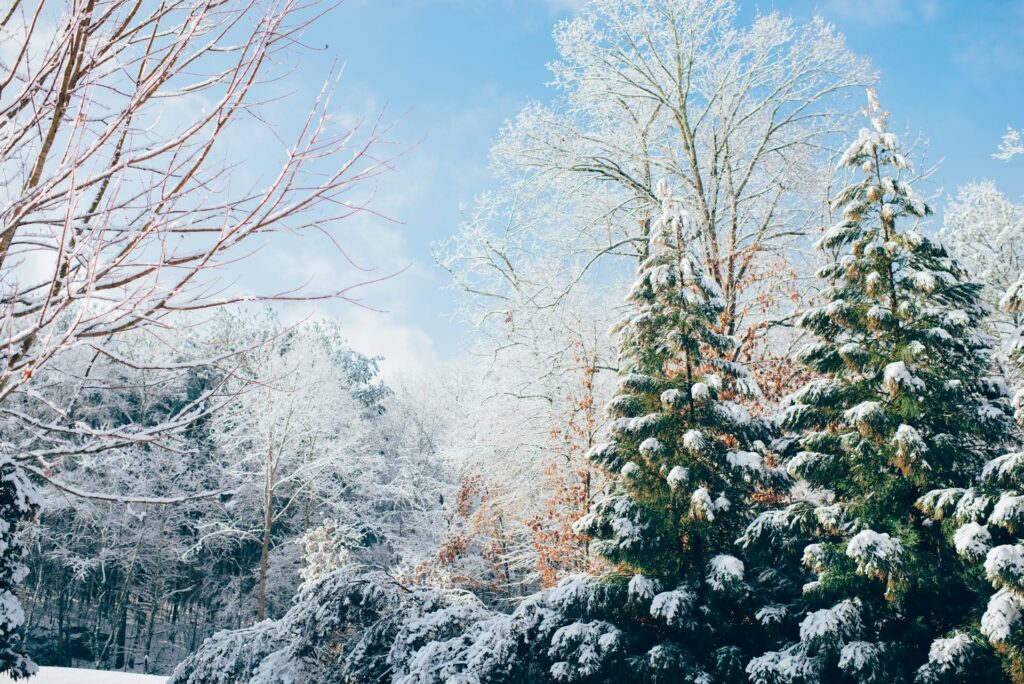
We are reader-supported. When you buy through links on our site, we may earn an affiliate commission.
Trees are the lifeblood of the world, and without them, the globe would ultimately succumb to climate change. They keep humans and animals alive, and they add charm with their varied sizes, shapes and colors. Whether you already have them in your yard or want to begin planting, now is the perfect time to learn more about them. You understand they have benefits, but do you realize the full importance of planting trees?
They do a lot more than provide oxygen, although that’s undoubtedly a function no one should take for granted. Read on to find out more about how trees improve your quality of life.
1. They Increase Property Value
Trees increase your property value by up to 20%, which provides a handsome ROI whenever you decide to sell your home. This value increase is true for trees both on private and public property. Homebuyers want convenient locations and safe neighborhoods, and many of them value their privacy to the highest degree. Attractive homes with plenty of foliage and tree cover ensure protection from prying eyes. Plus, greenery is just pleasant to look at.
Before planting trees in your yard, talk to an arborist about your options. They’re experts on the importance of planting trees, and they’ll have crucial advice on how to kick the process off correctly. Landscaping requires patience and an eye for aesthetics, but the investment is worth the return you receive on your home.
2. They Reduce Noise Pollution
Trees with thick, dense foliage reduce noise from automobiles and nightlife by more than seven decibels. If you’re a person who cherishes quiet, this benefit is spot-on for you. Two species suitable for noise reduction are the Leyland cypress and the Cryptomeria radicans. Leyland cypresses reach 40 to 60 feet at maturity and grow to create a dense wall of greenery. This lush barrier also provides privacy if you don’t want neighbors peeking into your yard.
The Cryptomeria radicans grows year-round and stands 12 to 16 feet when mature. They’re notably resistant to pests and disease, and you can plant several of them in rows to create a barrier against noise.
3. They Provide Shade and Block Wind
Deciduous trees and evergreens reduce the need for air conditioning during the summer and sustain heat during the winter. In winter months, they provide heat by blocking the wind, which saves you money on heating costs. To receive the maximum effect, you should plant windbreaks near the sides of your home where it gets coldest.
The same energy benefits apply to warmer months — less A/C means lower bills to pay. According to the U.S. Forestry Service, your bill may reduce up to 56% a year with strategic planting.
Trees also prevent topsoil from blowing away, keeping your lawn nourished with the nutrients it needs. Plants and vegetation situated behind a windbreak are less likely to dry out or be battered by the wind, which elongates their lifespan.
Open areas with little tree cover suffer from high temperatures in the summer — this is especially true in urban cities with concrete and metal buildings. These heat islands can be up to 12 degrees hotter than surrounding areas. As the planet heats up, climates rise, and the world needs trees more than ever to keep temperatures stable and prevent increasing heat-related deaths.
4. They Clean the Air
Trees clean the air by trapping particulate matter that would otherwise enter your lungs. Allowing these particulates to remain in the air can cause allergic reactions and illness, but thankfully, trees have a built-in solution. They reduce air particle concentrations by up to 24%, which is a major benefit in cities rife with pollution.
Trees also remove harmful gases like carbon monoxide and sulfur dioxide by absorbing them through their leaves. Photosynthesis facilitates the absorption of carbon dioxide — a greenhouse gas — and the release of oxygen and water. In turn, you enjoy clean and breathable air.
5. They Provide Clean Water
Forest watersheds filter water through their roots and leaves through the process of evapotranspiration. Their roots capture any sediments or contaminants present in rainwater before it reaches larger bodies of water. The leaves filter out pollutants and release the water back into the atmosphere as vapor. Poplar and willow trees are excellent options for facilitating clean water. Sugar maples are also known to remove nickel and lead from water.
Trees reduce the amount of water runoff, which recharges underground aquifers and prevents soil erosion. State governments can save a lot of money each year by planting trees instead of building expensive water treatment plants. An evergreen tree can capture up to 4,000 gallons of water a year, while oak trees absorb 40,00 gallons.
6. They’re Associated With Reduced Crime
Trees are lovely additions to any yard, street or public place, and they foster community pride through their beauty. Researchers have yet to reach a consensus on why trees reduce crime, but they’ve thought up a few theories. One is that trees — and greenery in general — appeal to citizens and make them stop and marvel, which inadvertently leads to informal surveillance. More people watching the street equals fewer opportunities for crime to occur.
Of course, we don’t want to make claims about causation. Another reason claims well-kept greenery proves that people care for the area, which discourages would-be criminals. This concept goes along with the theory that disorder invites crime. It’s like a self-fulfilling prophecy — appealing areas maintain their low crime rates because they practice frequent upkeep.
Homeowners Should Know the Importance of Planting Trees
Hopefully, you’ve gained a bit more knowledge on the environmental benefits of planting trees and how hard they work to sustain the environment. Get your hands dirty and plant some new ones, and you’ll see how their wonderful qualities transform your yard.










